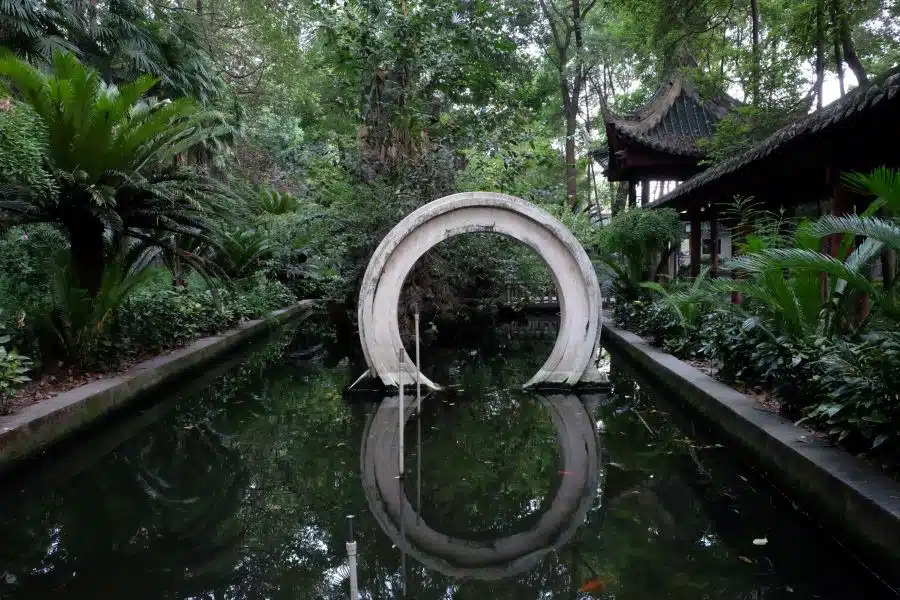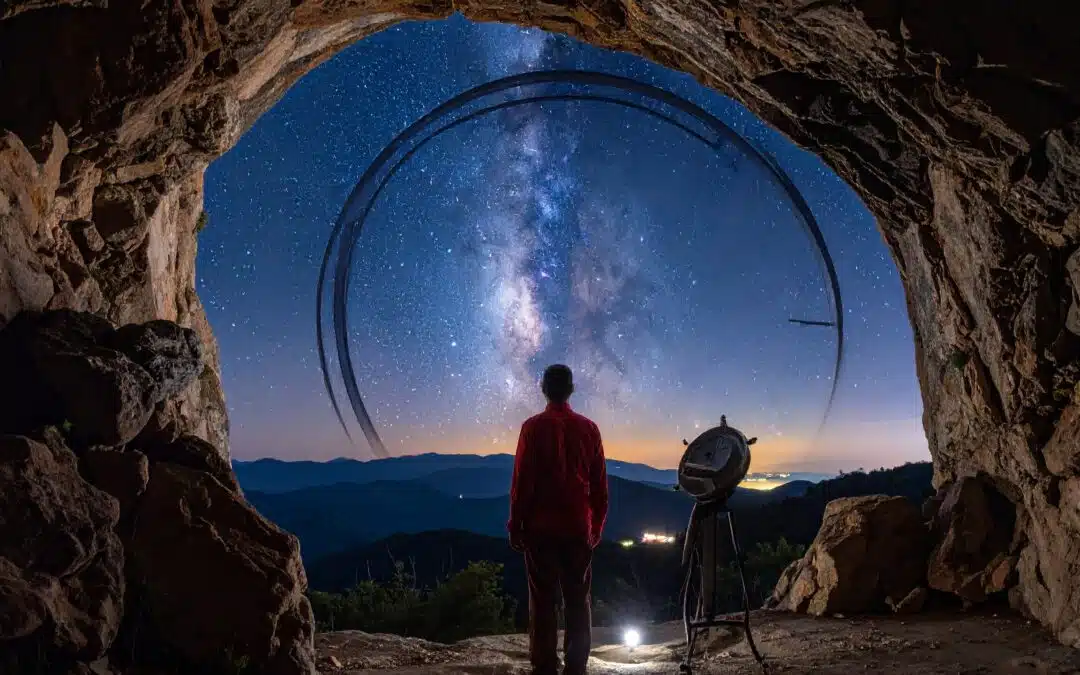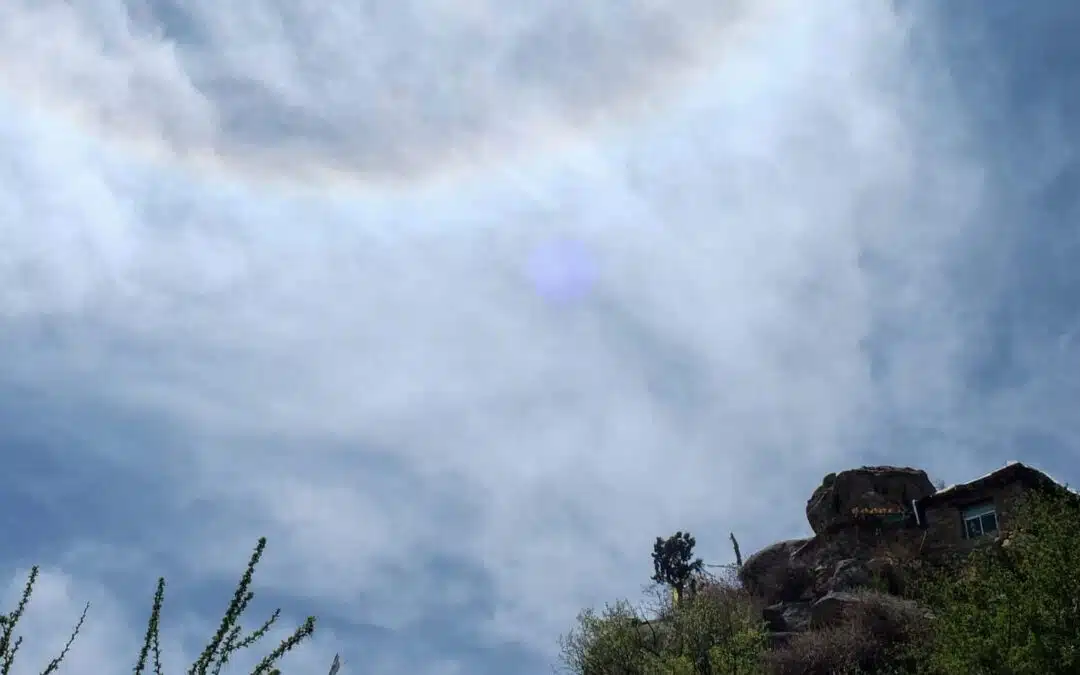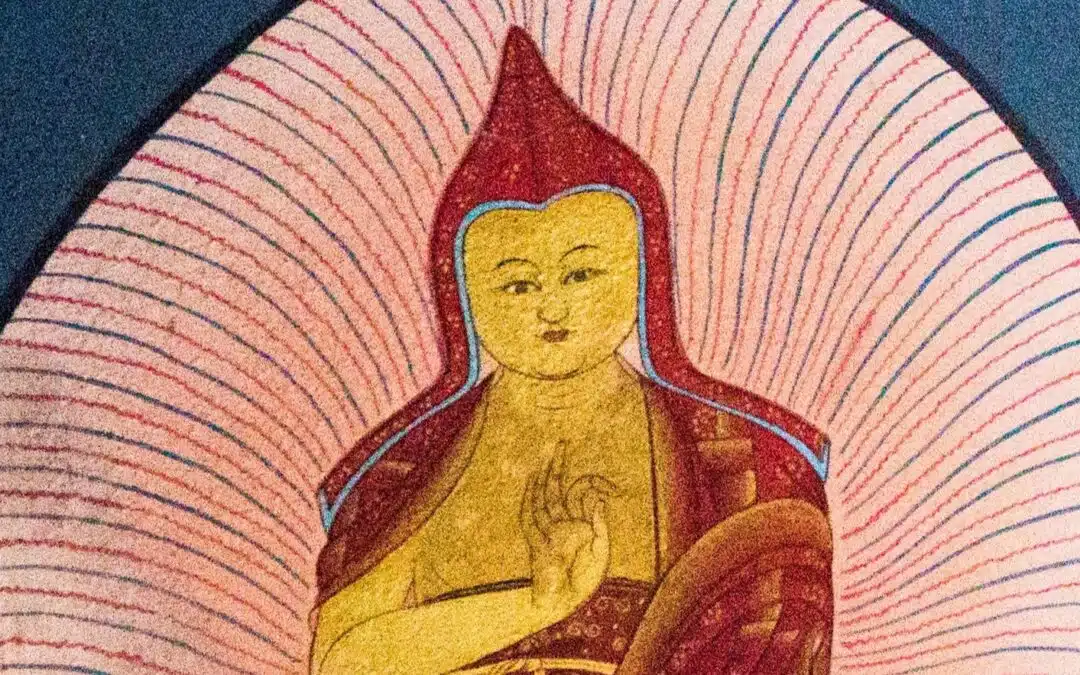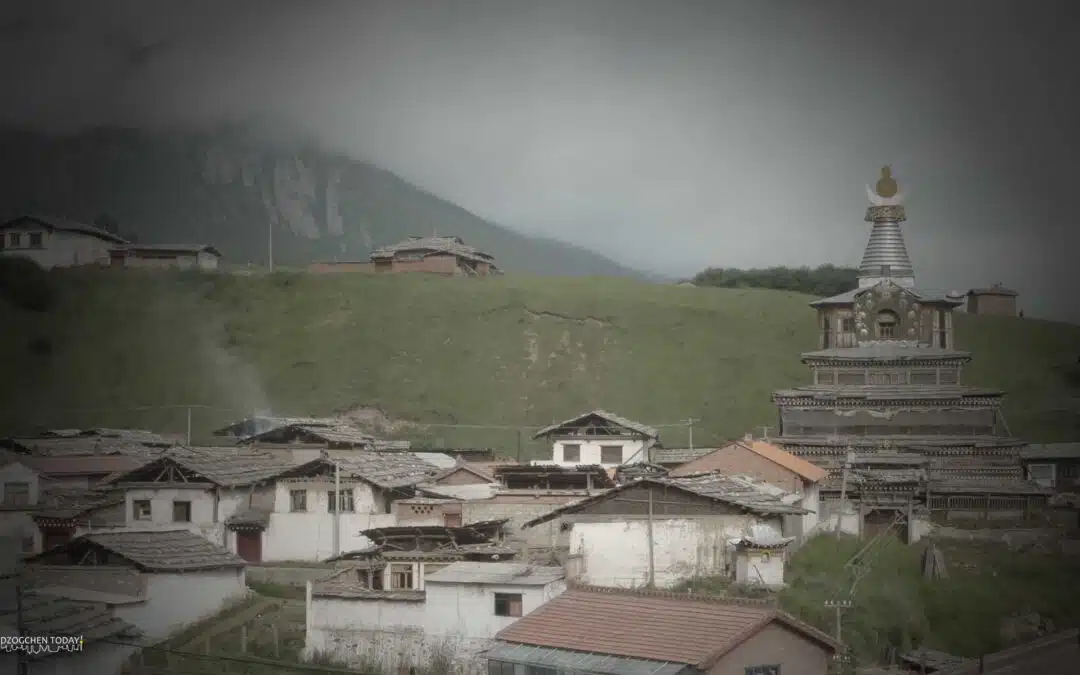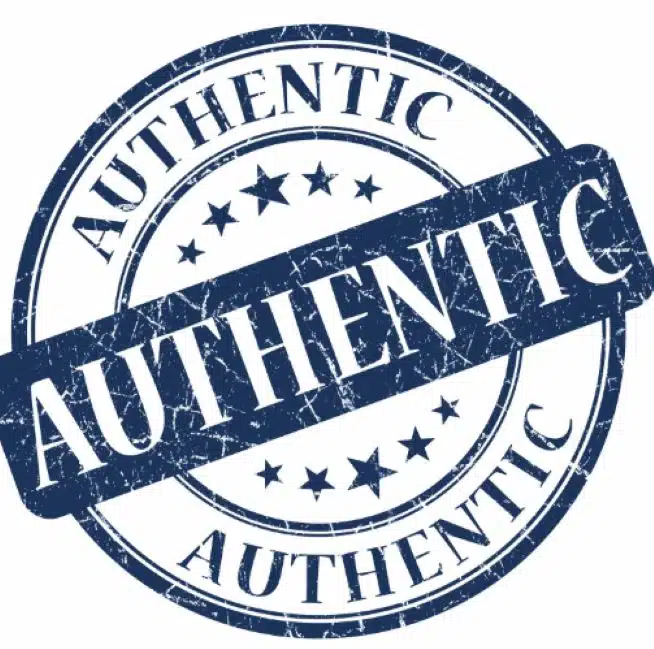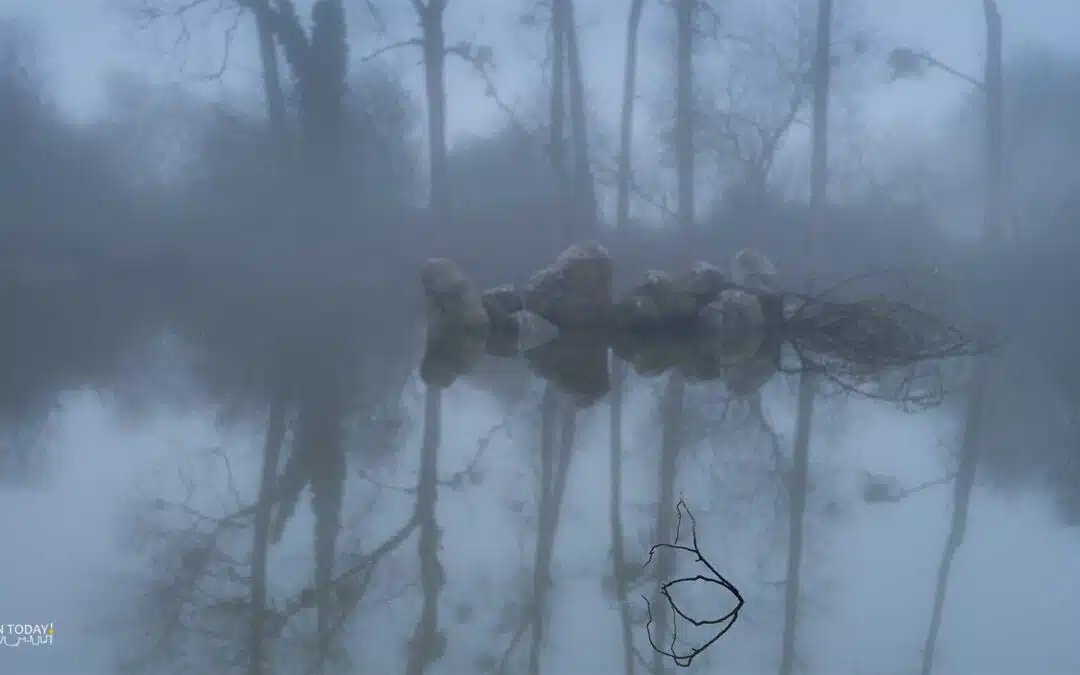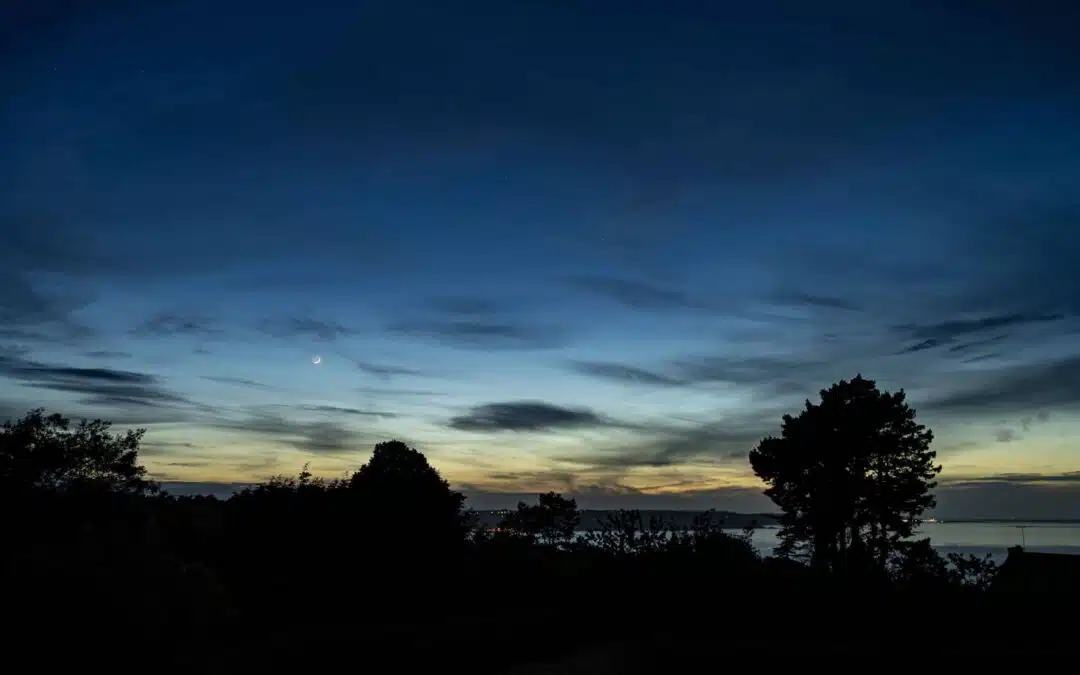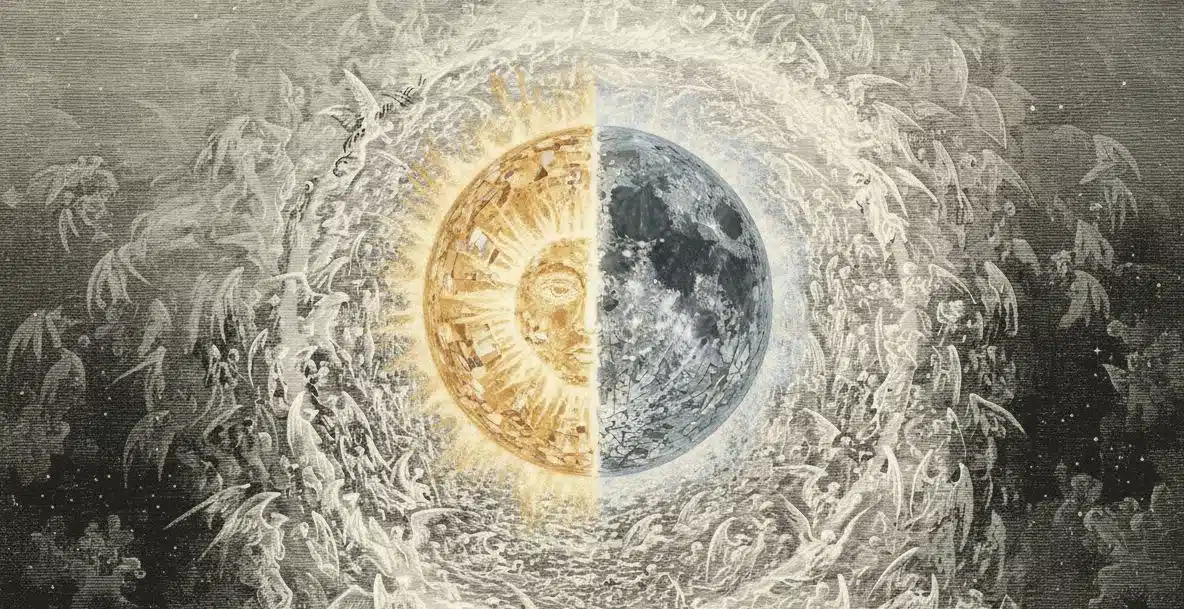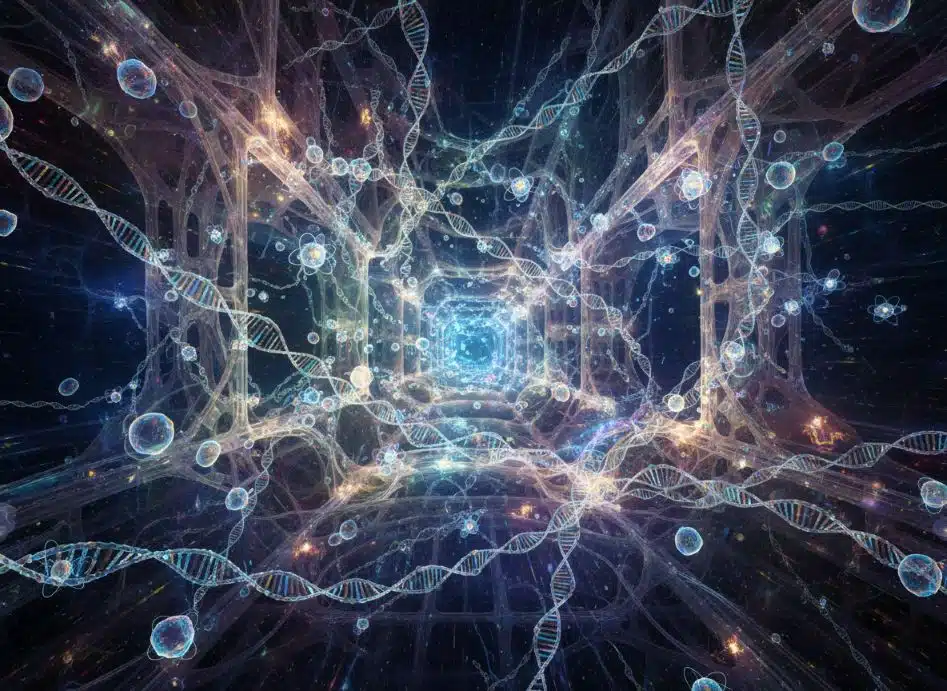KARMA AND JUSTICE
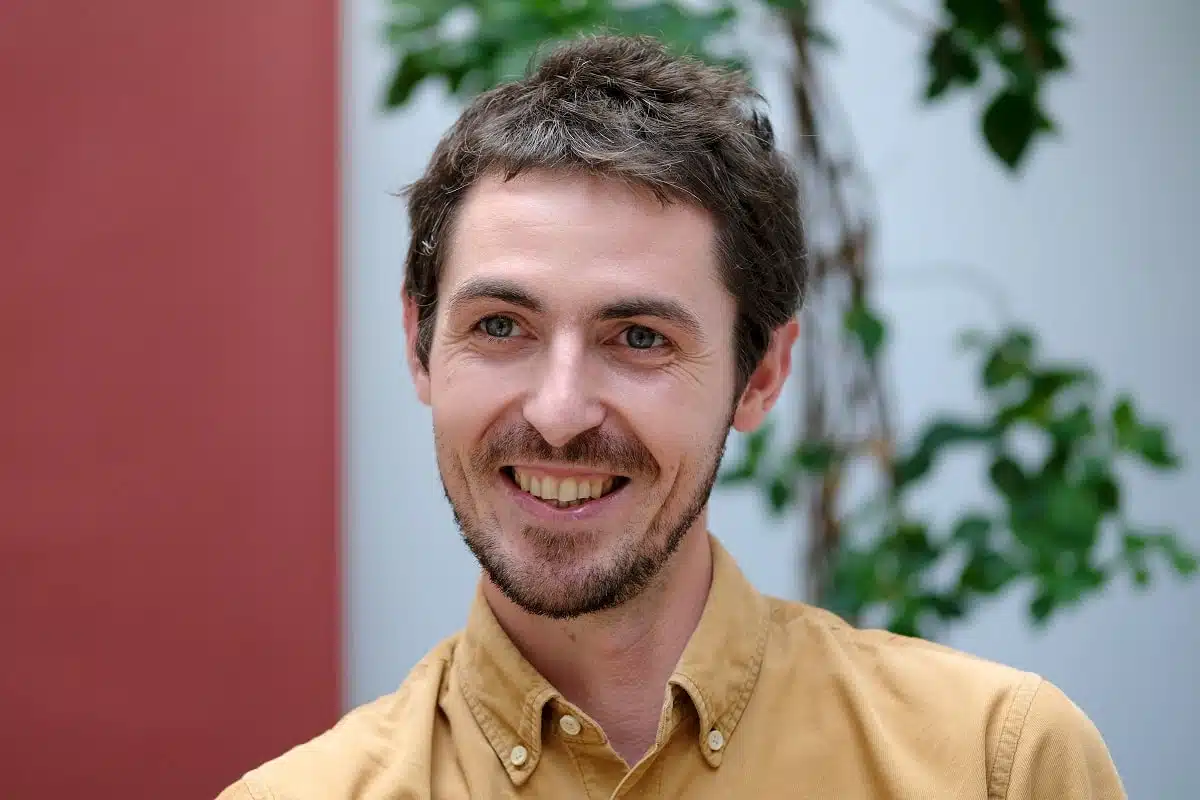
Written by Grégoire Langouet
Blog | Dzogchen philosophy | General Introduction to Dzogchen | Reflections on life | The Dzogchen basics
In this article « Karma and justice » Grégoire asks whether justice is the same as karma, and if suffering and injustice are Great Perfection.
Karma and justice
The tradition of the Great Perfection, as its name suggests, asserts that “everything is perfect”. But what does that mean when wars rage, millions starve or tornadoes and hurricanes indiscriminately sweep away every living being ?
Perhaps such perfection would be easier to find on my own small scale? Nothing is certain… My computer has been stolen, along with the fruits of my hard labor. It’s so unfair! Where is this Great Perfection?
Perfection, Great Perfection, did you say?
It’s your karma, old chap, my Buddhist friends reply in unison. Bad karma, they say. It must be your actions in your past lives…
So there’s a form of justice inherent in every action; is that what karma is all about? Nothing happens by chance. Every act has consequences, which become the causes of future acts, which themselves have consequences, indefinitely. This mechanism, without beginning or end would give shape to our reality, including wars – and since everything is “interdependent”… wars would also be because of us?! Not so fast…
“For even if suffering is very real for the person experiencing it, this difficulty is also in itself a path, a path towards liberation and the realization of the Great Perfection.”
Without going into the intricacies of the many theories of karma, here are a few definitions from Professor Cornu: karma is a specific case of conditional co-production concerning sentient beings. Karma is any intentional act done to reinforce the illusion of the “self”. Is that clear? For more details, take a look at his excellent encyclopedic dictionary – don’t be afraid, it won’t hurt… unless it falls on your foot!
In short, justice, the cardinal notion of Abrahamic traditions and secularized worlds, is a bit like karma for some Asian traditions. Except that with karma, there is no judge outside ourselves; that it’s not just a question of economic and social justice, but rather a form of “cosmic” justice – if you’ll pardon the expression – i.e., it takes into consideration all beings and elements of the cosmos, of “nature”; and above all, that with karma, intention – i.e., a form of activity of the mind – is what matters and is even more important than the act itself.
But is this also what the Dzogchen, the Great Perfection, says?
It agrees with certain Asian traditions in that it cannot envisage the perfection of reality from the point of view of a single existence. It is over countless lifetimes that the “justice” of karma is achieved. A negative act commited today will not necessarily have repercussions in this lifetime; perhaps that’s why I, who am beyond reproach and so blameless – yes, I am, I promise! – will have my computer stolen when my car is broken into…
“Look in this body at your deeds of yesteryear; And in your present deeds at the place where you will be reborn”, says Patrul Rinpoche. Karma is like our shadow that never leaves us. It follows us even when we die… and was with us when we were born!
But Dzogchen, as always, goes a step further. It’s simpler, and primordial. From its perspective, quite simply, karma doesn’t really exist. But then, we can do whatever we want in the Great Perfection – have fun and enjoy ourselves, and even steal, kill, etc.? Well, how shall I put it?
For Dzogchen, karma is a view of the mind (vue de l’esprit, a French play on words), a relative perspective on reality. The world we normally perceive is like a reflection in a mirror. It is not the nature of the mirror itself. Everything in it appears as a magical and deceptive illusion. Thus karma and its causality are merely the play of appearances. They are not ultimately, primordially, real.
For in the Dzogchen tradition, the ultimate nature of reality – that of our own mind – is empty and luminous. That’s something! Like the nature of a mirror, it is untainted by the play of appearances that unfold within it – whether these are considered good (a moment of sweet relaxation on a sunny beach) or bad (a scene of bombing with corpses strewn everywhere). Reality is primordially pure – ka dag – and spontaneously fulfilled – lhun grub –, but it is also sovereign manifestation or unstoppable compassion – thugs rje ‘gags med.
Everything that unfolds is a manifestation of the Base. Everything! – good and bad… and even terrible; pleasant and unpleasant… and even unbearable. From the Base – the absolute – all appearances – the relative – are manifested. And rather than using a somewhat linear, mechanical karmic causality to explain the appearance of phenomena, Dzogchen emphasizes the “spontaneity” of the emergence of reality in each moment: the lhun grub aspect of manifestation. Everything that appears is perfect, primordially empty and luminous, and unfolds spontaneously. So, ultimately, everything is perfect – including wars. But that’s the theory, the View – or the result, once we’ve reached the end of the Dzogchen path.
Because before we can update the Base, the View as a result, we have to be careful of our actions. As Padmasambhava, one of the introducers of Buddhism and Dzogchen in Tibet, said: “My view is as vast as the sky; my actions, are finer than grains of flour.” Until we reach the end of the path offered by this tradition, the “relative” view of karma is still valid, from our point of view – not from the ultimate point of view of the Great Perfection.
So it’s my fault, my stolen computer? And the people suffering in the war too? We’d simply be paying the debts of our previous actions – in this life… or before… Not a very cheerful thought. Cyclical wandering is even unfixable, we often hear. But then again, that’s the relative view of reality that karma agrees with, not the radical one of the Dzogchen. For her, all this is, in essence, Great Perfection.
For even if suffering is very real for the person experiencing it, this difficulty is also in itself a path, a path towards liberation and the realization of the Great Perfection…
MORE ARTICLES
Being Your Own Master
Relationship with a master requires discernment. “Being your own master” offers insights into understanding devotion and avoiding pitfalls.
The Story of the First Masters: Manjushrimitra
We continue the Stories of the First Dzogchen Masters with Manjushrimitra, who structured the verses of Dzogchen into three series.
Be authentic!
In "Be Authentic!" Denis explores authenticity in the master-disciple relationship, a living space in which the nature of mind is recognized.
The First Day
In this article "The First Day", Mila Khyentse talks about the first day of the Tibetan year and what we usually do in a primordial way.
The Tibetan Transmission: the Transmission According to the Four Initiations of Vajrayana
The Tibetan transmission, according to the four initiations of Vajrayana, leads to the complete realization of the ultimate nature of all reality.
The ground of all Künshi
This article “The ground of all, Künshi” provide a better understanding of the essential words and concepts of Dzogchen.

